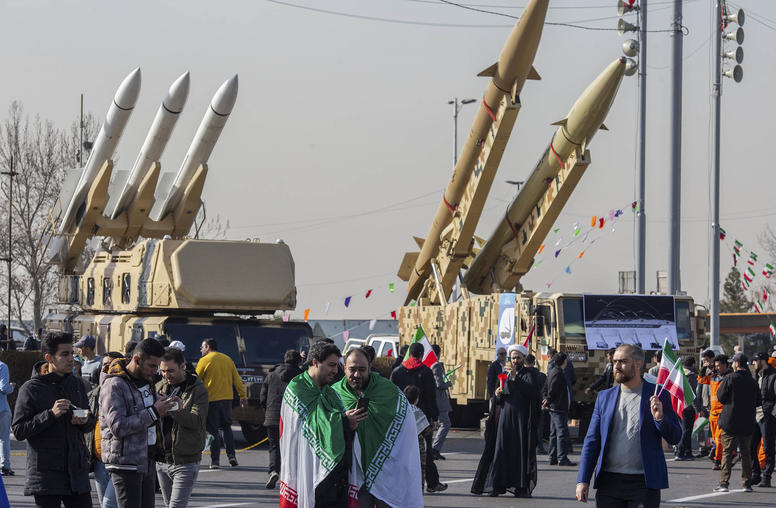Syria Conflict Rattles Lebanon

When a car bomb exploded Friday morning in Beirut, the sadly all-too-familiar sights, sounds and smells, for so many Lebanese, preyed viciously and viscerally on the country’s worst fears. For nearly 18 months, the phrase “Syrian spillover” has been bandied around by Lebanon watchers. In the early days of the uprising in Syria, while some marveled at how Lebanon had seemed to avoid entanglement in the unfolding civil war across its border, most assumed such immunity could not last. Then came fighting in Tripoli between pro- and anti-Syrian partisans and the much-feared specter of renewed sectarian violence in the country reared its head. As refugee flows from Syria continued (and continue) to mount, and the Lebanese government and people worked hard to absorb the growing number fleeing from the terrors of the civil war now raging across their border, concern among Lebanese turned to management of the humanitarian crisis, as well as to the security implications for their country.
In Lebanon, thoughts and memories of the country’s own 15-year long civil war (1975-1990) are omnipresent, so an exploding car in the middle of a busy Beirut street was enough to provoke an ominous sentiment of déjà-vu, even absent answers to the whos, whats, and whys of the incident. When by day’s end the target was ascertained to have been the fatally-wounded Brigadier-General Wissam al-Hassan, head of the Information Branch of the Internal Security Forces, and a Sunni Muslim who was among the staunchest anti-Assad voices in the Lebanese intelligence establishment, the fears of “more to come” took hold.
Al-Hassan was aligned with the March 14 coalition, which was the key driver in ridding Lebanon of formal Syrian influence, and led investigations into the 2005 assassination of Prime Minister Rafik Hariri, for whom he had been a chief of security. He was also an active cooperator with the United Nations Special Tribunal that investigated Hariri’s killing and which asserted that high-level Syrian officials may have been involved.
More recently, al-Hassan arrested Michel Samaha, a former Lebanese minister of information alleging that he had smuggled weapons across the border into Lebanon from Syria, intending to foment violence and chaos. Two Syrian officers were indicted for the same plot.
So while both the Syrian government and its ally in Lebanon, Hezbollah, denounced this morning’s bombing, the sentiment rings hollow for many, both within and outside the country. who detect a clear message from the regime clinging to power in Damascus, and sense a deep feeling of foreboding that “Syrian spillover” had reached a whole new level.
For more, read USIP’s Prevention newsletter.



